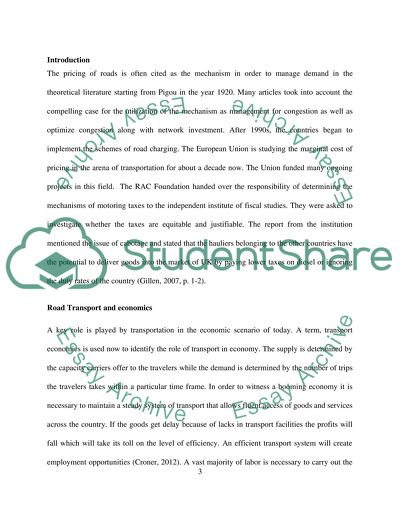Cite this document
(“The Economic Rationale for Road Pricing is Compelling Essay”, n.d.)
Retrieved from https://studentshare.org/macro-microeconomics/1455536-1-ypthe-economic-rationale-for-road-pricing-is-compellingy-institute-for-fiscal-studies-may-2012-critically-discuss-this
Retrieved from https://studentshare.org/macro-microeconomics/1455536-1-ypthe-economic-rationale-for-road-pricing-is-compellingy-institute-for-fiscal-studies-may-2012-critically-discuss-this
(The Economic Rationale for Road Pricing Is Compelling Essay)
https://studentshare.org/macro-microeconomics/1455536-1-ypthe-economic-rationale-for-road-pricing-is-compellingy-institute-for-fiscal-studies-may-2012-critically-discuss-this.
https://studentshare.org/macro-microeconomics/1455536-1-ypthe-economic-rationale-for-road-pricing-is-compellingy-institute-for-fiscal-studies-may-2012-critically-discuss-this.
“The Economic Rationale for Road Pricing Is Compelling Essay”, n.d. https://studentshare.org/macro-microeconomics/1455536-1-ypthe-economic-rationale-for-road-pricing-is-compellingy-institute-for-fiscal-studies-may-2012-critically-discuss-this.


